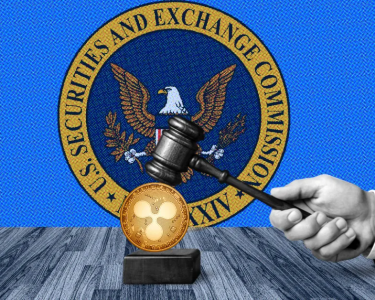In a significant development, the National Labor Relations Board (NLRB) has filed charges against retail giant Amazon, alleging that the company’s Covid-related policies and CEO’s anti-union comments violated labor laws. The allegations shed light on the ongoing battle between Amazon and its workers, highlighting concerns regarding worker safety, freedom of association, and the right to organize. As the case unfolds, it has the potential to have far-reaching implications for labor relations and corporate accountability.
The Allegations:
The NLRB alleges that Amazon’s Covid-related policies during the pandemic violated the rights of its workers. The charges specifically point to the company’s failure to provide adequate protective measures, enforce social distancing protocols, and ensure timely and accurate communication regarding potential exposure to the virus. These alleged violations are significant, given the heightened risks faced by frontline workers during the pandemic.
Furthermore, the NLRB also takes issue with CEO Jeff Bezos’ anti-union comments. The charges state that Bezos’ remarks, which included discouraging unionization efforts and warning of potential consequences for employees, violated the law by interfering with workers’ rights to engage in concerted activities for mutual aid and protection.
Worker Safety and Rights:
The allegations against Amazon bring to the forefront concerns regarding worker safety and the protection of employees’ rights. Throughout the pandemic, frontline workers have been essential in keeping the economy running, often at great personal risk. The charges against Amazon highlight the need for companies to prioritize worker safety, provide necessary protective measures, and maintain open lines of communication to address workers’ concerns.
In addition to worker safety, the case also raises important questions about employees’ rights to organize and engage in collective bargaining. The right to form and join unions is a fundamental pillar of labor rights, providing workers with a collective voice to negotiate fair wages, working conditions, and benefits. Any actions or comments that discourage or interfere with these rights undermine the principles of democracy and fair labor practices.
Amazon’s Response:
In response to the charges, Amazon has stated that the allegations are baseless and that the company has followed all necessary safety protocols during the pandemic. The company also asserts that CEO Jeff Bezos’ comments were taken out of context and that they fully respect workers’ rights to join or not join a union.
However, the NLRB’s decision to file charges indicates that there is sufficient evidence to warrant an investigation and a potential legal battle. The outcome of this case will have implications not only for Amazon but for the broader labor movement and the rights of workers in the digital age.
Implications and the Way Forward:
The allegations against Amazon and the subsequent legal proceedings carry significant implications for labor relations, worker safety, and corporate accountability. If the charges are proven, it could result in substantial penalties for the company and set a precedent for similar cases in the future. It may also prompt a broader conversation about the need for stronger labor protections and regulations to ensure workers’ rights are upheld in the evolving landscape of the gig economy and e-commerce.
Beyond the legal implications, this case highlights the importance of worker advocacy and the power of collective action. It serves as a reminder that workers’ voices should be heard, respected, and protected, regardless of the size and influence of the company they work for. It also emphasizes the need for ongoing dialogue between employers, employees, and regulatory bodies to foster a fair and equitable work environment.
Conclusion:
The NLRB’s charges against Amazon, alleging that the company’s Covid-related policies and CEO’s anti-union comments violated labor laws, underscore the ongoing struggles between corporations and workers’ rights. As the case unfolds, it will shed light on important issues related to worker safety, freedom of association, and the right to organize. Regardless of the outcome, this case serves as a crucial reminder that safeguarding worker rights and promoting a fair and equitable work environment should remain at the forefront of the labor agenda.




